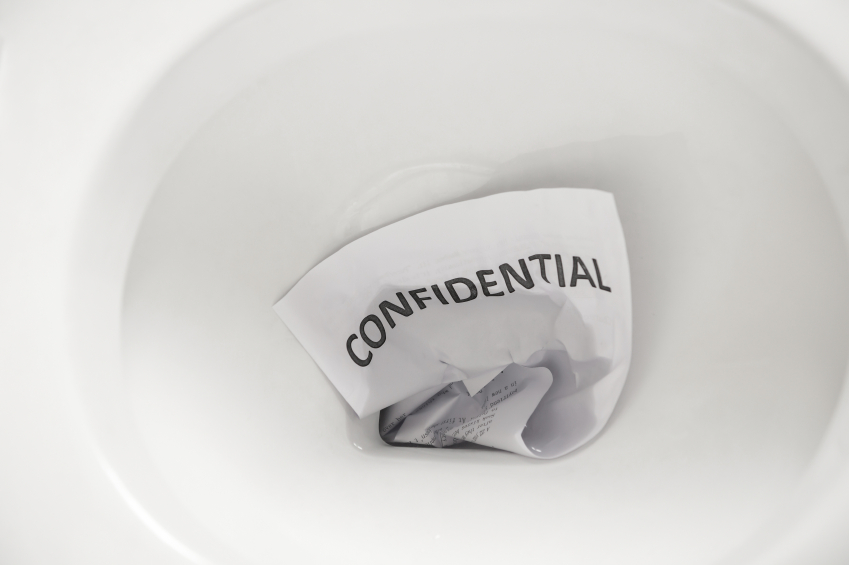The Nevada Supreme Court ruled that the attorney–client privilege did not protect from disclosure a post-accident investigative report by a manufacturer’s engineer. The Court issued the ruling even though the investigator sent the report to the manufacture r’s outside counsel. Mega Manufacturing, Inc. v. Eighth Judicial District Court, 2014 WL 2527226 (Nev. May 30, 2014). You may read the decision here.
r’s outside counsel. Mega Manufacturing, Inc. v. Eighth Judicial District Court, 2014 WL 2527226 (Nev. May 30, 2014). You may read the decision here.
Accident Investigation
Following an injury involving a press brake machine, the press brake manufacturer’s chief engineer conducted an investigation and sent his investigation report to the manufacturer’s outside counsel. The engineer discussed the investigation with outside counsel before conducting the investigation.
The injured plaintiff sued and sought production of the investigation report. The manufacturer objected, asserting the work-product doctrine and the attorney–client privilege. The trial court rejected both objections.
Attorney–Client Privilege
One may question the court’s rejection of the attorney–client privilege. The court applied Nevada’s privilege, which protects confidential communications between the “client’s representative and the client’s lawyer.” While there was a factual issue whether the manufacturer or an affiliate company actually employed the engineer, there was no dispute that the engineer was the manufacturer’s representative while conducting the investigation.
Yet, the court relied upon federal common law in making its decision and noted that the Supreme Court’s Upjohn decision “largely turns on the issue of employment.” The Nevada court therefore held the privilege inapplicable because there was some dispute whether the press brake manufacturer employed the engineer.
The court did not address several decisions finding that the privilege applied to consultants and others considered functional equivalent of employees. See my post regarding a Google case applying the functional equivalent of employee test.
Work-Product Doctrine
The court similarly rejected the work-product doctrine because there was a factual issue whether the engineer prepared the report in anticipation of litigation. The engineer testified that he spoke with the manufacturer’s outside counsel before conducting the investigation and sent the final report to him. But the court found this factual evidence insufficient to prove the anticipation-of-litigation element.
Other Privileges
The manufacturer also asserted the self-critical analysis privilege, but the court gave this privilege virtually no attention, stating simply that it “considered [the manufacturer’s] other arguments and conclude they lack merit.”
POP Analysis
The court’s decision lacks a thorough analysis, but, fortunately, the court decided not to publish the opinion, meaning it has no precedential value. Yet, the case is constructive for lawyers and corporations conducting post-accident investigations. The evidence in this case appeared equivocal—but what if the manufacturer’s counsel had directed, in writing, that the engineer conduct the investigation because the company anticipated litigation? And what if the engineer began his investigative report with a statement that he prepared it at the direction of counsel, on behalf of the manufacturer, and for purposes of the manufacturer’s counsel providing legal advice. I suspect the court would have reached a different outcome.

1 Comment
Comments are closed.